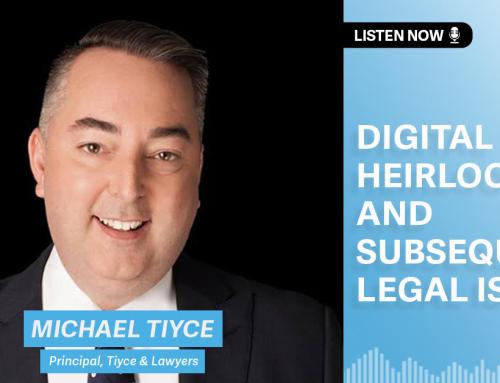By Taylor Campbell.
Planning your estate can be an emotional time and when drafting a will, the decisions you need to make can be deeply personal and sometimes contentious. One of the more sensitive topics that might arise is the choice to exclude certain individuals from your will. This process can be emotionally charged and legally complex, so it’s essential to approach it with careful consideration and clarity.
Understanding the Implications
You may not have even been aware that excluding particular people from your will was even an option, however be wary that excluding someone from your will is not just a legal action; it can have significant emotional and familial repercussions. It’s important to fully understand why you are making this decision and the potential impact it might have on your relationships and the distribution of your estate.
Reasons for Exclusion
There are numerous reasons why someone might be excluded from a will:
- Estrangement: If you’ve been estranged from a family member or friend for a long time, you may decide to exclude them from your will. Estrangement can be due to unresolved conflicts, personal values, or disagreements.
- Financial Responsibility: Sometimes, people are excluded because they are financially irresponsible or have had disagreements about money. If you have concerns about how someone will manage an inheritance, it might influence your decision.
- Personal Choice: You may simply prefer to leave your assets to those who you feel will appreciate them or who have been more present in your life.
- Previous Arrangements: In some cases, you might have made separate arrangements or have already provided for certain individuals in other ways, making it unnecessary to include them in your will.
Legal Considerations
- State Laws: The laws governing wills vary from state to state. Some jurisdictions require that you notify excluded individuals, while others do not. Understanding your local laws is crucial to ensure that your will is valid and your wishes are respected. In NSW, there is no obligation for you to inform anyone who is not part of your Will of your decision and reasons.
- Potential Challenges: Excluded individuals might contest the will, especially if they believe they were unfairly omitted. To minimise this risk, ensure your will is clear, well-documented, and legally sound. As mentioned above, in NSW, there is no obligation to inform anyone that you have excluded in your will, however, whilst it may be uncomfortable, communicating your intentions with those you are excluding can sometimes prevent future conflicts. Explaining your reasoning may not always be possible or appropriate, but it can help manage expectations and mitigate misunderstandings.
Emotional Aspects
- Family Dynamics: Excluding someone from your will can strain family relationships and create divisions. It’s important to consider the long-term effects on family harmony and your own peace of mind.
- Personal Reflection: Take time to reflect on your reasons for exclusion. Ensure your decisions are not based on transient emotions but on thoughtful consideration of what’s best for your estate and beneficiaries.
- Support System: Seek guidance from trusted friends, family members, or professionals. Their perspectives can provide valuable insights and help you make informed decisions.
Steps to Exclude Someone from Your Will
- Consult a Lawyer: Work with an estate planning lawyer to ensure your will is legally sound and clearly expresses your intentions.
- Document Your Decision: Make sure your will explicitly states your decision to exclude certain individuals and outlines how you want your assets distributed. Vague language can lead to misunderstandings and legal disputes. In addition, it is highly encouraged that if you are going to explicitly exclude someone from being a beneficiary of your estate, your lawyer should assist you in drafting a s100 statement. This statement provides the testator with an opportunity to create a written document outlining their reasons for excluding a particular person from receiving part of their estate. Pursuant to s100(2) of the Succession Act 2006 (NSW), a s100 statement can be admitted into evidence and considered by the Court in matter where a will is contested, thereby solidifying your intentions for how you want your estate to be distributed.
- Review and Update Regularly: Regularly review and update your will to reflect any changes in your life or relationships. This ensures that your will remains current, valid, and accurately reflects your wishes.
- Secure Your Will: Keep your will in a safe place and inform your executor or a trusted individual where it can be found. This ensures that your wishes are carried out smoothly.
Final Thoughts
Excluding someone from your will is a significant decision that requires careful thought and planning. If you want your Will to stick, you need to be realistic about you are going to provide for.
It’s important to consider both the legal and emotional aspects of this process to ensure your wishes are respected and your estate is managed according to your desires.
Book an obligation free consultation with us to help you navigate this sensitive task, ensuring that your will is both effective and reflective of your true intentions.






